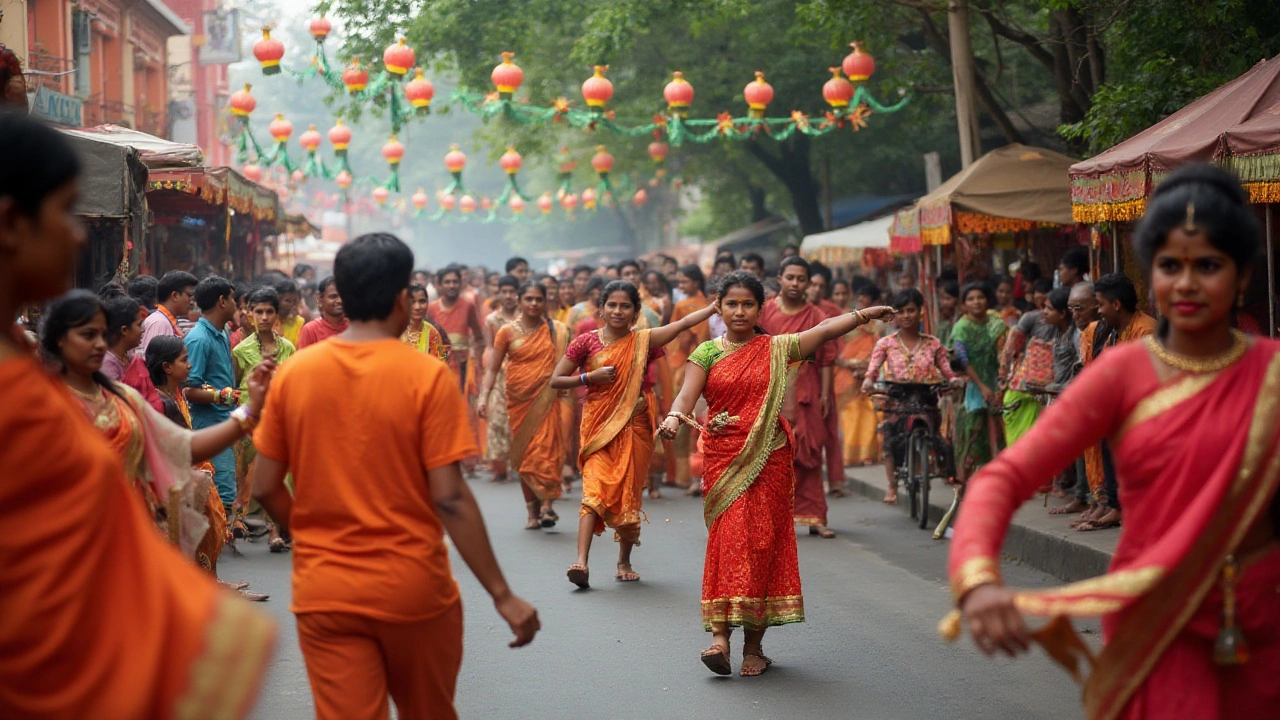Bangladesh Etiquette: What You Need to Know About Social Norms and Customs
When you're visiting or working with people from Bangladesh, a South Asian country with deep-rooted cultural traditions shaped by Islam, Bengali heritage, and colonial history. Also known as the People's Republic of Bangladesh, it's a place where respect, modesty, and hospitality shape daily interactions. Unlike Western cultures that value directness, Bangladesh etiquette rewards patience, humility, and reading the room. A simple handshake might seem normal, but in many rural areas, men avoid physical contact with women they don't know. And if someone offers you tea, refusing it isn’t just rude—it’s like turning down a warm welcome.
Bangladesh etiquette isn’t just about manners—it’s tied to religion, family, and community. Islamic customs, a guiding force in public and private life across most of Bangladesh influence everything from dress codes to meal times. Modest clothing isn’t optional for visitors; shoulders and knees should be covered, especially outside major cities. In homes, it’s common to remove shoes before entering—a sign of cleanliness and respect. And when you’re offered food, eat with your right hand only. The left hand is considered unclean, used for personal hygiene. You’ll find this same rule applies when handing things over: always use your right hand or both hands together. These aren’t quirks—they’re deeply held values passed down for generations.
Bengali social hierarchy, the invisible structure that guides how people interact based on age, status, and relationship plays a big role too. Elders are addressed with titles like "Bhaiya" (older brother) or "Didi" (older sister), even if they’re not family. Skipping these titles can come off as disrespectful. In group settings, the most senior person eats first, and it’s polite to wait for them to start. Even in cities like Dhaka or Chittagong, where Western influences are visible, these customs hold strong. You won’t find people loudly arguing in public or interrupting conversations. Silence isn’t awkward here—it’s thoughtful.
What you won’t see in Bangladesh etiquette guides online? The small, quiet acts that matter most. Like how people never point with their feet—feet are considered low and dirty. Or how saying "thank you" too often can feel stiff; a nod or smile carries more weight. And if you’re invited to a home, bringing a small gift—fruit, sweets, or something from your home country—isn’t expected, but it’s deeply appreciated. These aren’t rules written in books. They’re lived.
Below, you’ll find real stories and insights from people who’ve navigated these customs—whether they’re tourists, expats, or members of the global Bengali diaspora. You’ll learn what to do when you’re offered a meal, how to respond to religious questions, and why asking about someone’s income can land you in hot water. This isn’t about memorizing a checklist. It’s about understanding the heart behind the behavior.
